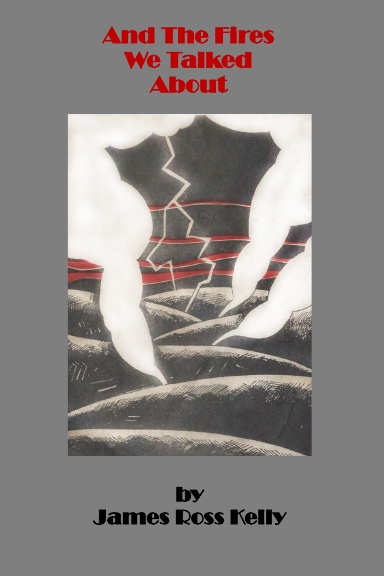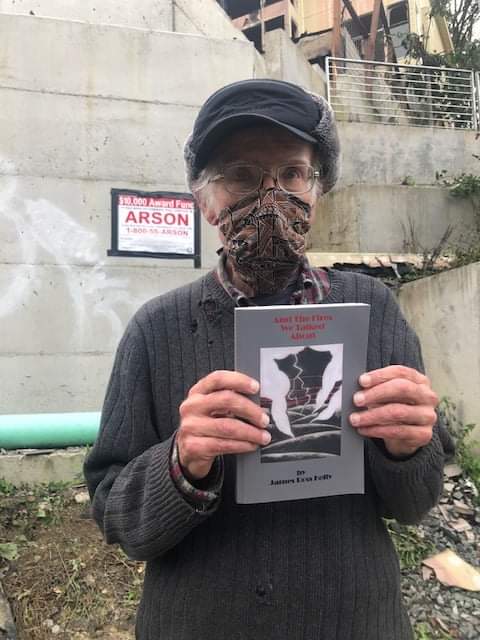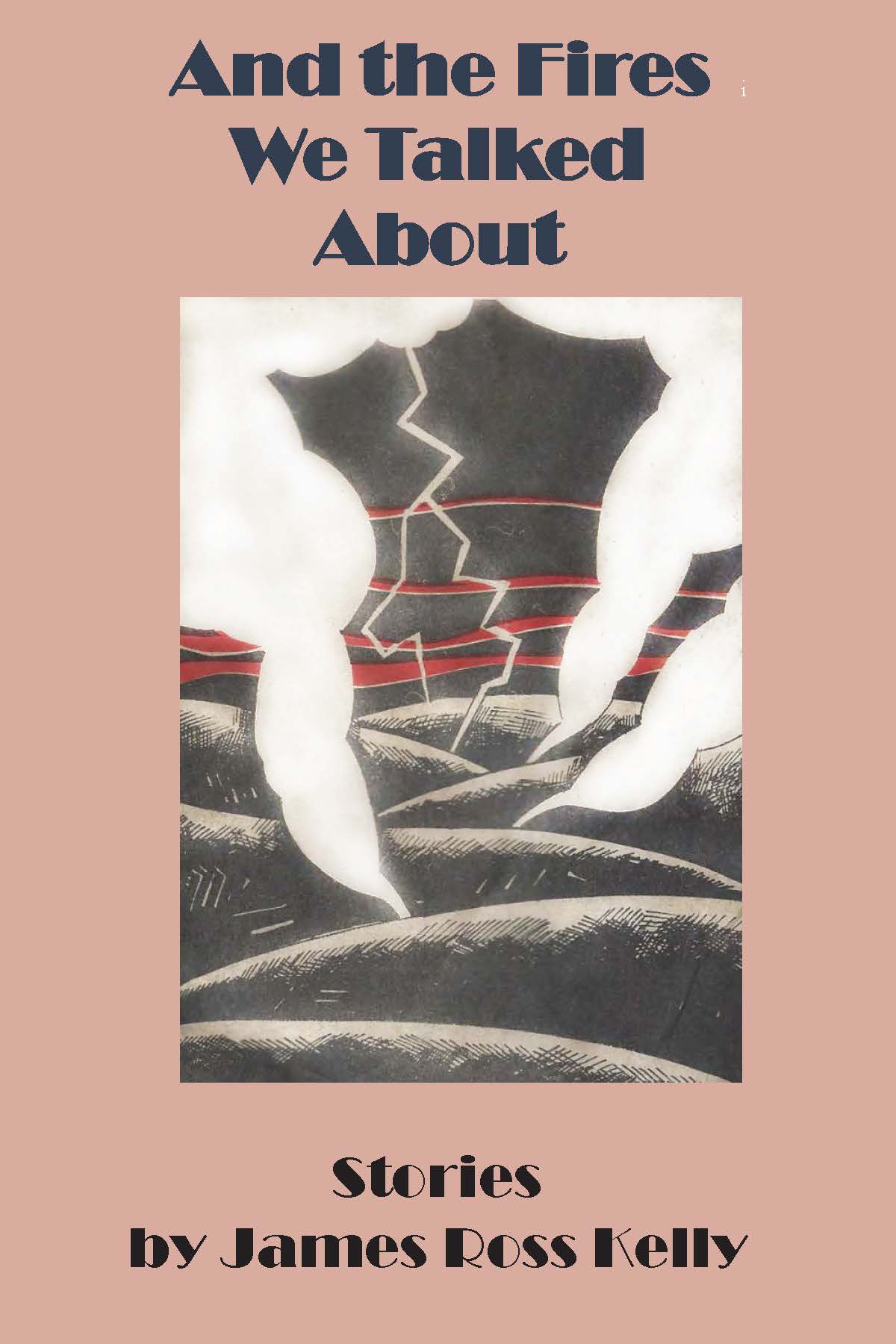By James Ross Kelly
HE WAS STOOPED OVER AND ABOUT five-foot-five on a freeway entrance on I-5 northbound, with two good-sized paper grocery bags. Bundled up as he was, you could not discern by a scraggly grey-streaked beard; could have easily been fifty or older, but, stocking-capped, it was hard to tell.
“Oh thanks, oh thanks,” He said.
“I need a seven-mile ride!” He said.
Clear blue sky met us both and the twenty-year-old Ford picked up to freeway speed, and he was settling in with his bags at his feet. There were four, quart bottles of Rainer Ale.
“Warming up eh?” He said.
“Well yes, and its Easter,” I say, and I told him I’d just been to church, told him the Pastor preached the Road to Emmaus, and…
“Luke 24!” He said.
“They were walking with Jesus!” He said.
“Didn’t know it was Him!” He said.
I thought of stumbling over some point this Pastor had made, then I stopped. He knew scripture; I listened.
“Didn’t know, until they broke bread with him, Ha!” He said, slapping his knee.
“Got me a bridge up here I like!” He said, almost growling.
“Stays nice and dry, I can have a little fire, and nobody sees the smoke.” He said.
“I stopped being able to live inside about fifteen years ago,” He said.
“Don’t know why, I can’t live inside. I do pretty good. I worry in the winter that my feet will freeze.” He said.
“I do pretty good though, see my way around, find places like this bridge,” He said.
“Haven’t been rolled in two years,” He said.
“I can’t live inside.” He said.
“Wrap my feet with paper on winter nights.” He said.
“I’m afraid in the winter my feet might freeze,” He repeated.
“My feet froze seven years ago, lost one toe.” He said.
“But it’s getting warm now.” He said.
“I do pretty good.” He said.
When we arrived at the bridge, I got off onto the freeway shoulder with my Ford, and we talked for a while. My heart burned. I remembered I’d just bought a box of oranges. I got out and retrieved a dozen to a plastic bag from the trunk, I’d just done laundry and there were wool socks on top of the laundry basket, I put those in with the oranges and I found a twenty and gave him that too.
“He is risen!” I said.
“He is risen indeed!” He said, then vanished down under a roadbed bridge home.
And the Fires We Talked About–Copyright © 2020 by James Ross Kelly











 Now These Present Ghosts
Now These Present Ghosts
